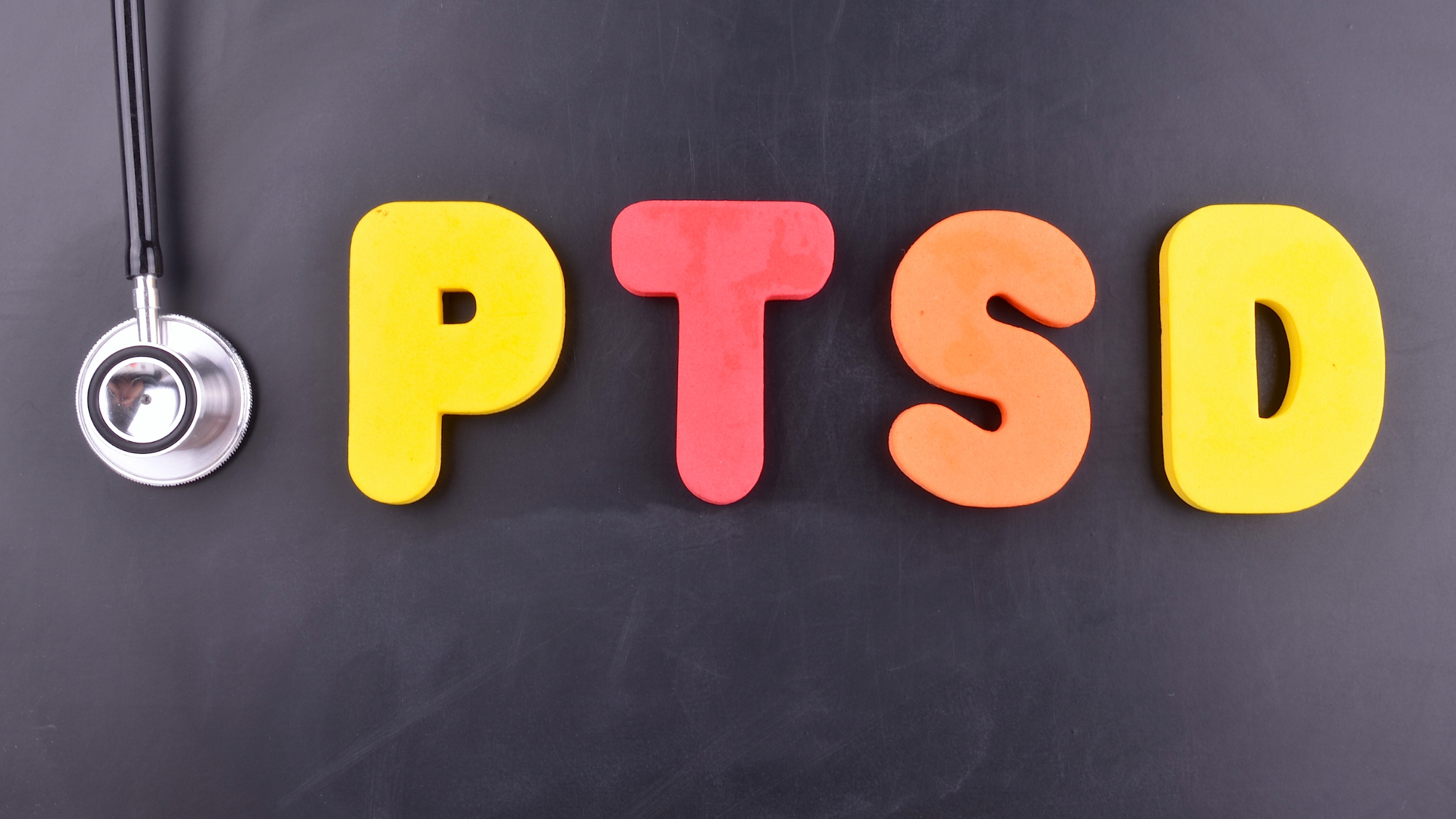
- May 3, 2016
- Lakin Larimore
PTSD and Professional Drivers: What You Need to Know
Since 1949, May has been declared as Mental Health Awareness Month. Its purpose is to raise awareness and educate the public about the importance of mental health and remove the stigma around psychological disorders.
Physical health is a topic that we talk about often as a transportation company. We strive to provide easy access to all available resources so that our drivers can make informed decisions on the road to ensure their safety. When we talk about our health, it’s important to remember that we need to take care of ourselves in all aspects, not just physically, but also mentally. In fact, the Department of Transportation believes mental health is such of high importance a psychological evaluation is needed to qualify for your medical card, which is required for you to drive professionally.
A recent article published by The Atlantic, sheds some light on how being involved in an accident impacts our mental health. It is estimated that close to a third of the 3.5 million truck drivers in the U.S. will be involved in a serious road accident at some point during their careers. That is a significant number of people who will potentially experience a traumatic event. According to the Nebraska Department of Veterans’ Affairs, that event alone is enough to cause Posttraumatic Stress Disorder, (PTSD). While most survivors of a trauma can return to a normal routine after some time, others will have more difficulty finding normalcy.
Due to the nature of the industry, those that have lingering effects of PTSD may feel those emotions magnified when they return to work, as they are away from their emotional support system for long stretches of time. The National Institute of Health recently surveyed more than 300 male professional drivers between the ages of 23 and 76 and found “that roughly 28% suffered from loneliness, 27% experienced depression, 21% reported chronic sleep issues, 15% endured anxiety and the remaining 13% accounted for other emotional issues.” One of these “emotional issues” can be enough to have an impact on the quality of work you perform, and when your work can directly affect the motoring public around you, it needs to be taken seriously.
Many workplaces are now offering programs geared towards improving the mental health of their employees. Whether it is taking a unique approach to improving their employee’s work-life balance or offering counseling services, the stigma of mental health is slowly fading away.
Throughout the month of May we will be talking about the warning signs of PTSD, how to recognize if there is a problem and the resources available.
Leave Your Comment
Many desktop publish packages web page editors now use model text
search for sites their infancy.